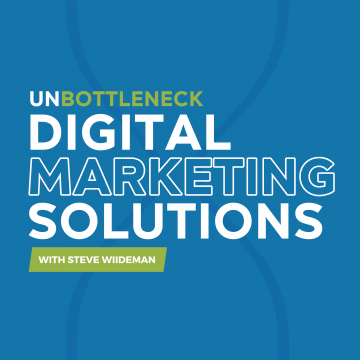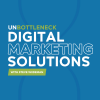</
2017 Content Strategy
Google has made it clear that the two most important ranking factors are and will continue to be “content” and “links to your website”.
For those planning a SEO strategy for 2017, my suggestion is think about 2018 when creating the content and the code that holds it, along with designing a content marketing plan that solves industry problems, and ultimately attracts links, mentions, and citations organically.
With consideration to content, pull the writers and webmasters into the room and ask the following questions:
- Are our web pages the most professional and easiest to use regardless of device or Internet connection speed?
- Do our pages perform well with Google’s new testing tool, which includes insights on mobile, desktop and speed?
- Are we using page acceleration services and technologies, such as a CDN’ or using AMP for mobile users?
- Does our page best solve the problem our ideal customer is trying to figure out compared to the top-ranking pages?
- Are we maximizing the amount of structured markup we can provide on each page for Rich Snippets and Rich Cards?
- Are our pages HTTPS by default and protected from DDoS and malware attacks?
- Do our pages offer a diverse enough amount of content, such as unique videos, illustrations and helpful takeaways?
- Are our pages so good that even a competitor might link to them or curate a snippet from?
- Have we done enough forensic work to understand every way a user might search for us and build a taxonomy around that research?
- Do we have a living breathing calendar of helpful, problem-solving content with names of micro-influencers who plan to contribute?
2017 Link Building Strategy
With consideration to attracting links, pull the writers and outreach teams into the room and ask the following questions:
- Who are the individuals, companies and influencers who frequently share or subscribe to our competitors’ content?
- Who are the industry experts that are not currently employed by a competitor who we can make brand ambassadors?
- Have we contributed in one way or another to all of the industry websites or (if local) all the regional websites?
- What programs do we have in place to donate time, expertise, or mentoring to college students and startups?
- What events are we scheduled to contribute our top expert’s time toward speaking or being on a panel at?
- Have we completed an authoritative work, such as book or information product to build our authority in the industry?
- Do we have an authoritative online guide to our product or service, such as an “Ultimate Guide to Widgets” that we can promote?
- What tool or CRM are we using to find, keep track of, and create reports from our link-earning efforts? (Buzzstream is our favorite)
- Are we maximizing our social media profiles by staying in the industry conversations that happen every day and sharing industry studies, blog posts, and advice?
- Does our website offer the best glossary of industry terms with illustrations, quotes, and resources that Wikipedia could never compete against?
Weekly search optimization meetings are critical to helping team members stay on target, and it never hurts to hire one or more consultants to participate in those meetings, especially if you hired them initially to create a full SEO Strategy Plan; since you can’t always read their minds.
2017 will see winners from those SEO practitioners who stay deeply rooted in the inbound marketing community, following industry news in real-time, subscribing to expert Twitter lists, and groups where all the experts converse. Be adaptive, be receptive, and test absolutely everything.
What are you planning to do in 2017? Let us know in the comments.




